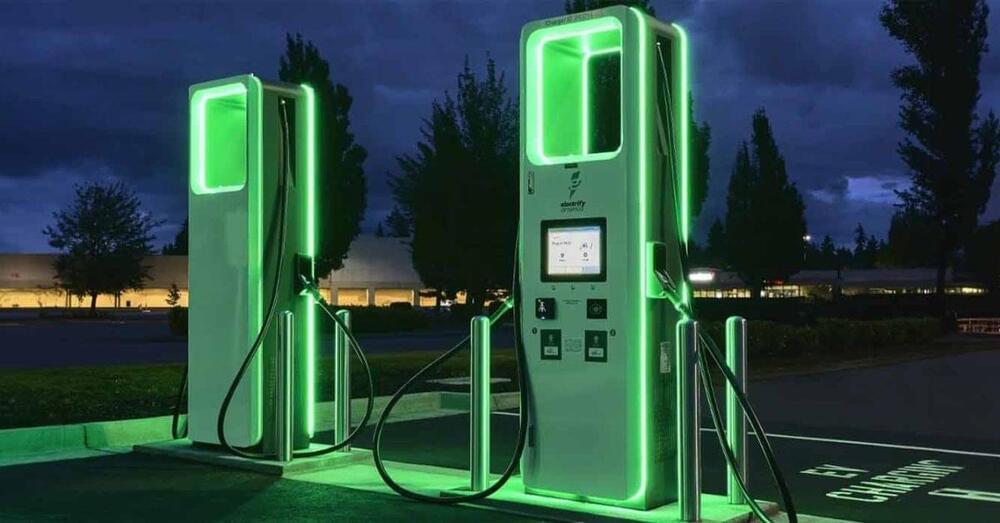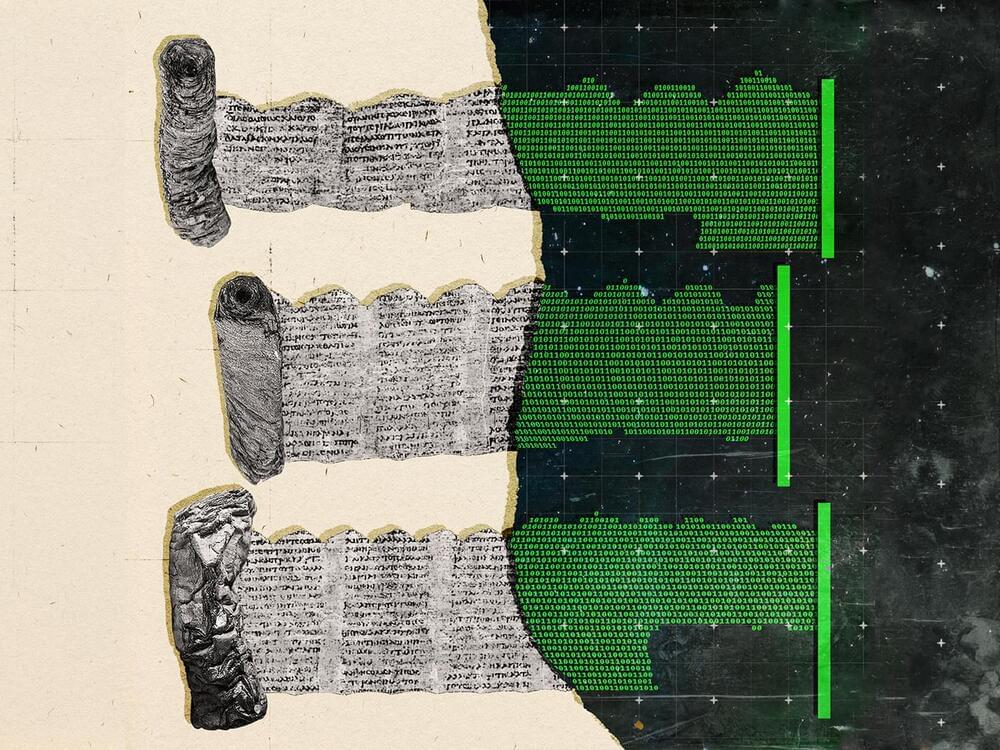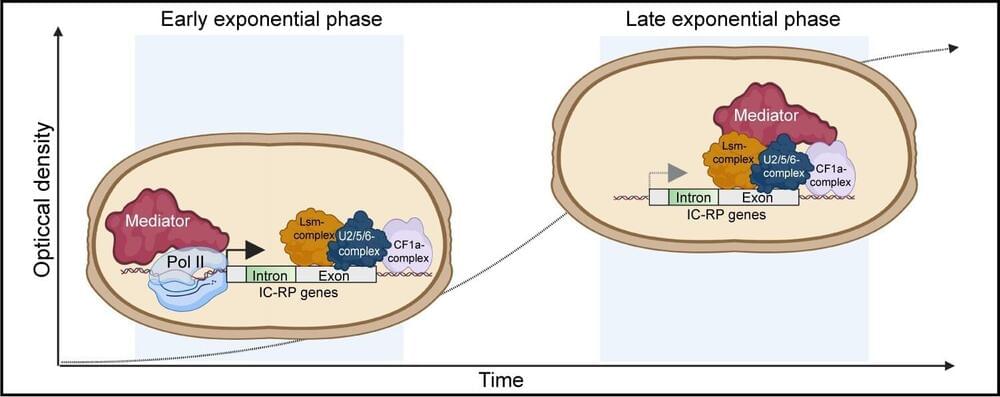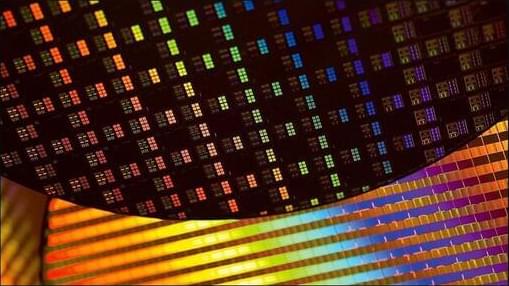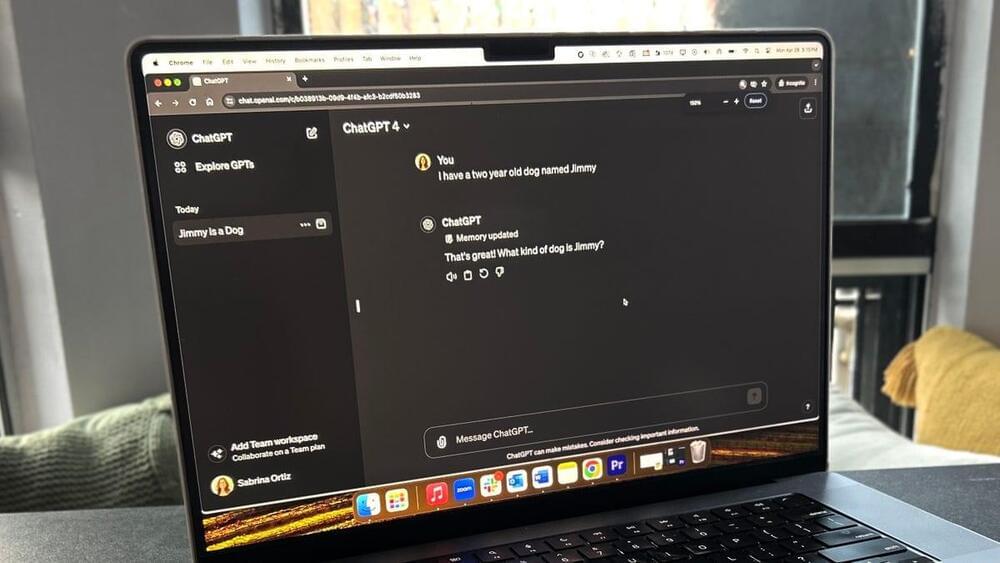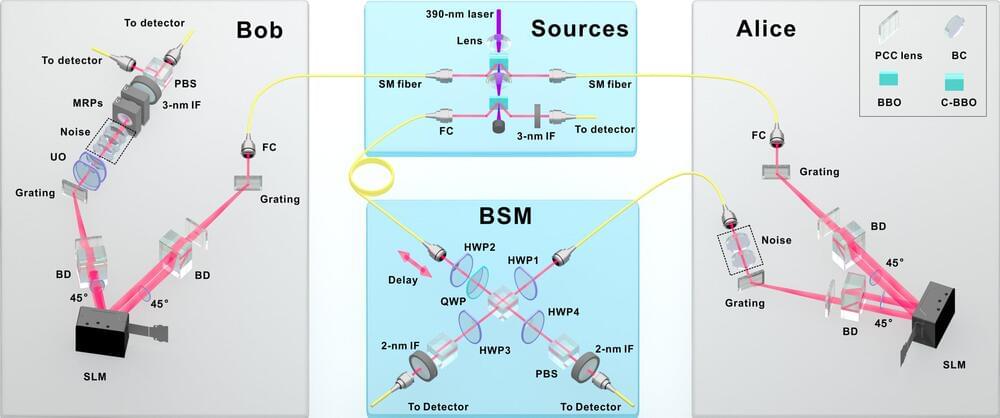Electrify America (EA) increased its total number of chargers to over 4,000 in 2023 – here’s what it’s aiming to achieve in 2024.
In 2022, there were 5.3 million customer charging sessions on Electrify America’s network. In 2023, validated data reflected 10.9 million customer charging sessions – a 106% increase year-over-year.
EA’s EV charging network grew to over 900 stations across 47 US states, the District of Columbia, and six Canadian provinces last year. It also expanded into Hawaii and North Dakota for the first time.
